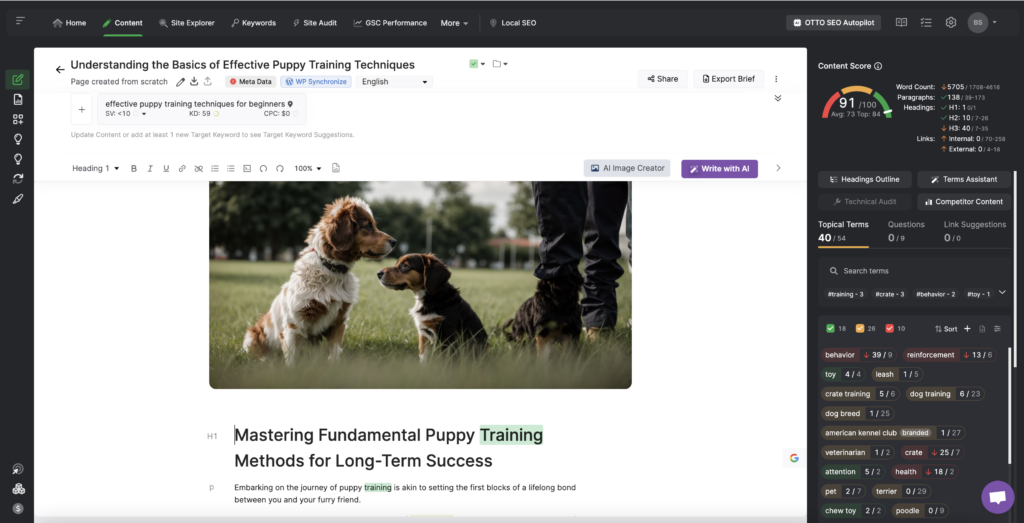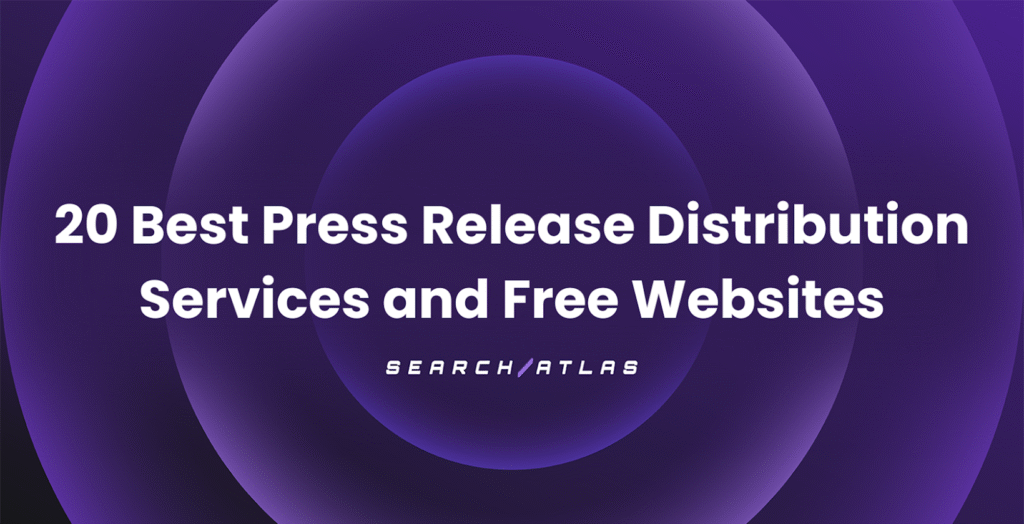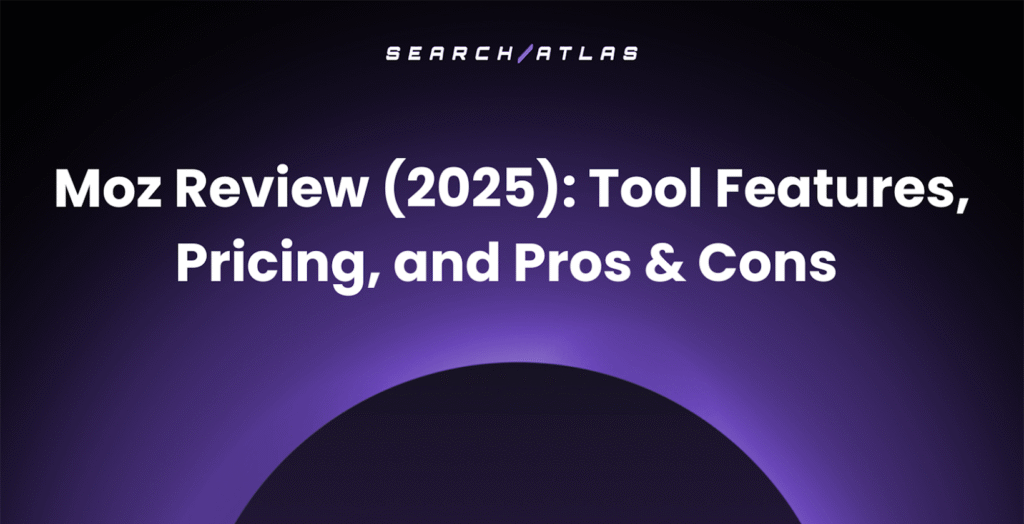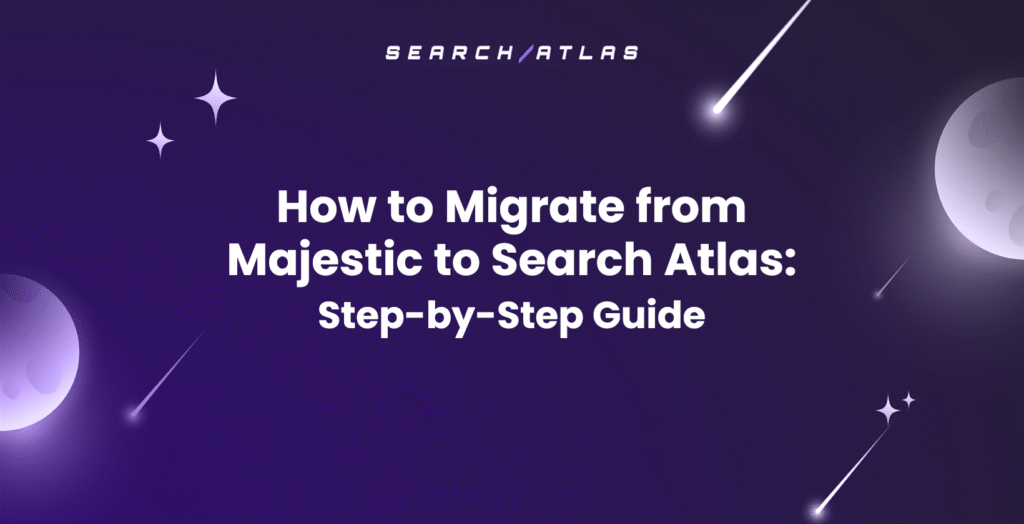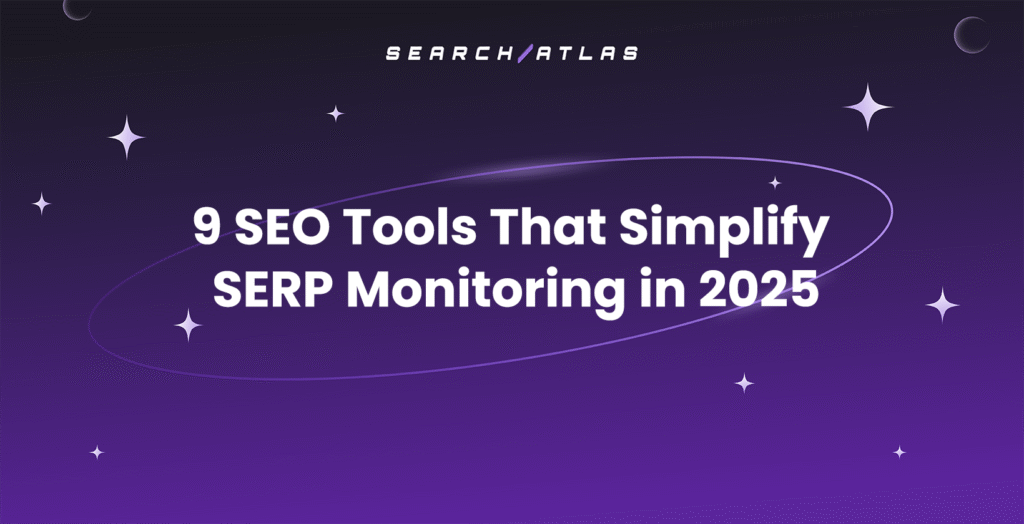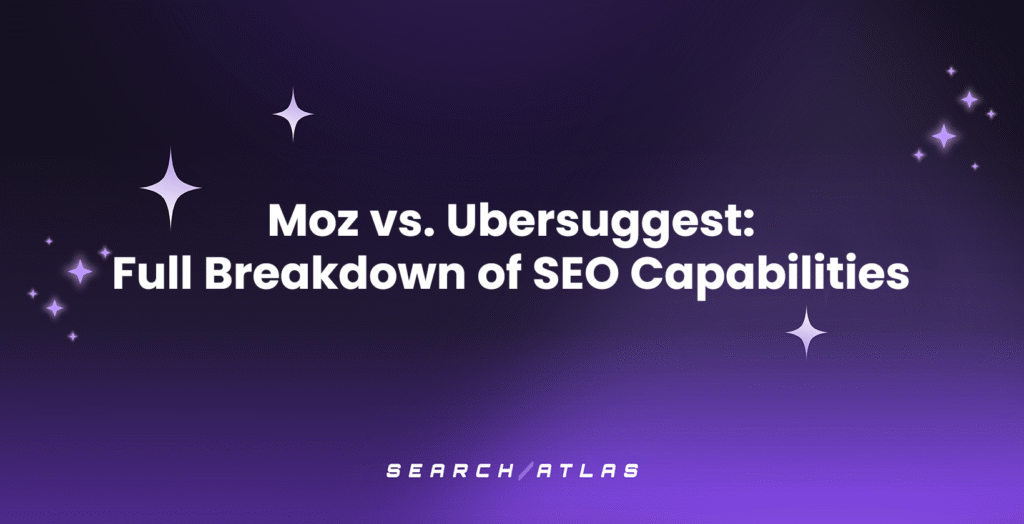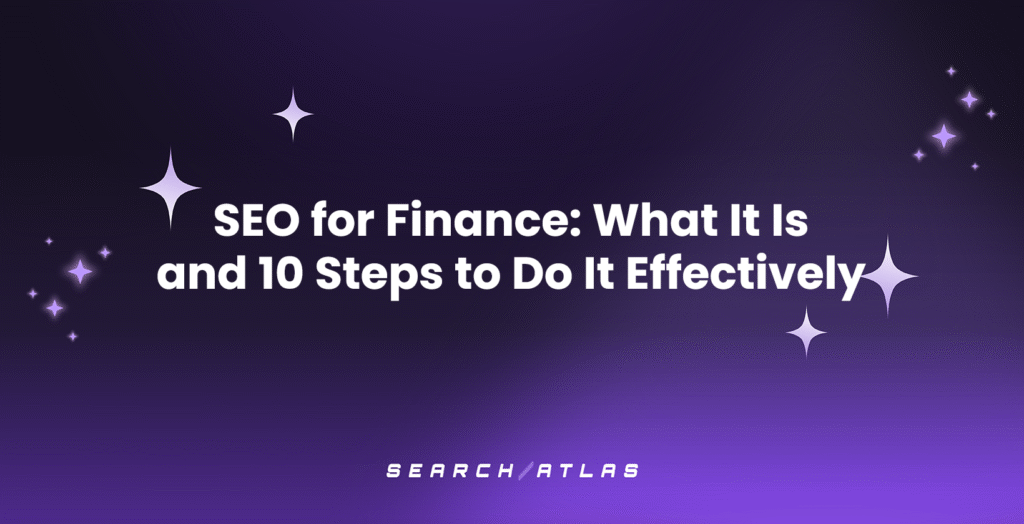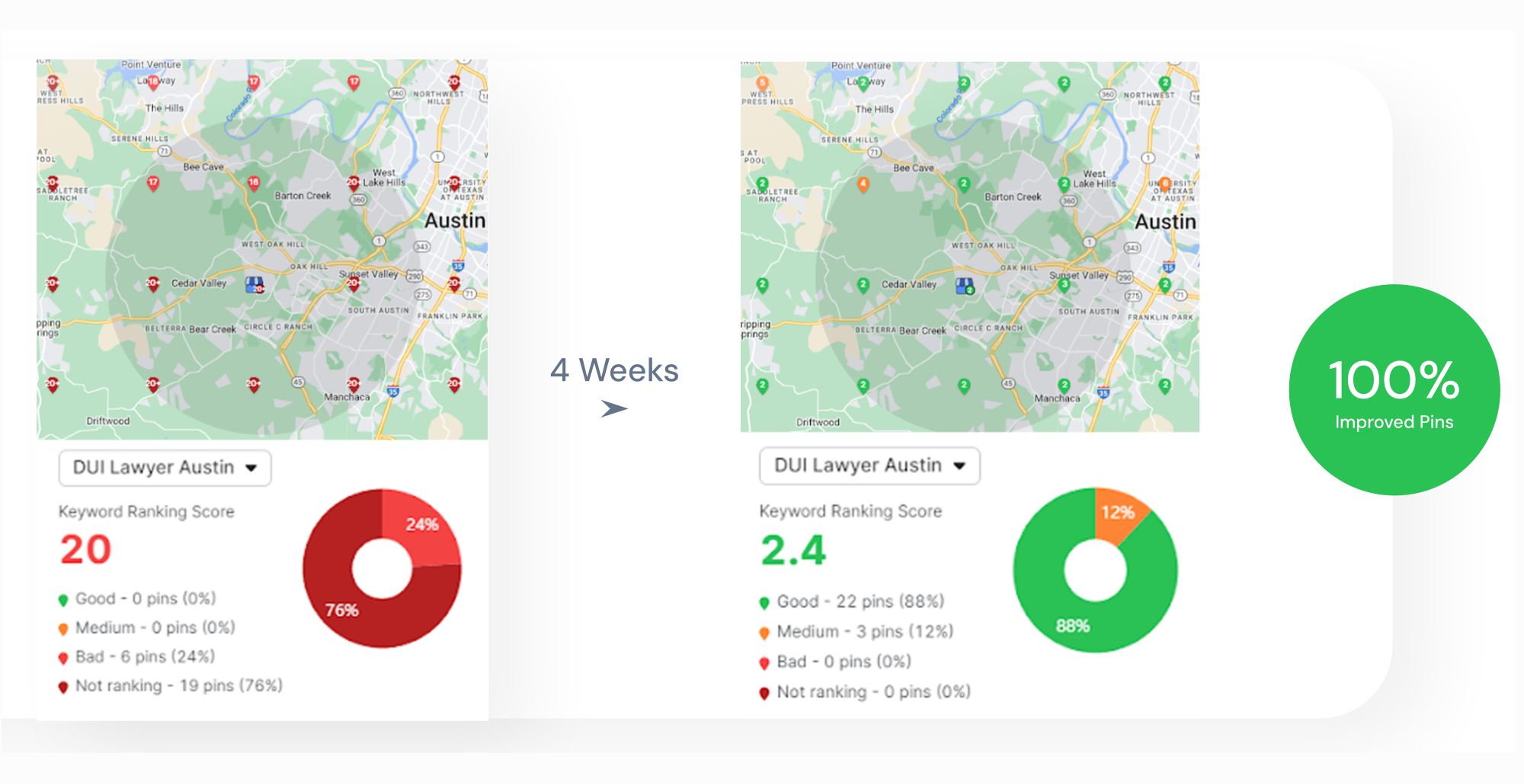In today’s digital environment, achieving visibility in a saturated market demands a robust online strategy. This content will delve into the pivotal role of artificial intelligence (AI) in search engine optimization (SEO) and provide readers with a roadmap for crafting their optimal AI SEO strategy. Focusing on enhancing keyword research, optimizing content, and improving website performance, the text will also touch upon the state-of-the-art tools that integrate seamlessly into your existing workflow. Readers will come away with actionable insights to bolster their online presence using a refined content management system, ultimately resolving the challenge of standing out amidst fierce competition. With this knowledge, businesses can expect a significant elevation in their online footprint, driving measurable growth in their respective industries.
Key Takeaways
- AI SEO integrates machine learning to enhance data analysis and user experience
- Predictive analytics in AI SEO inform content strategies and anticipate market trends
- Real-time SEO analytics powered by AI provide actionable insights for strategy refinement
- AI advancements in SEO focus on semantic relationships and user intent for content relevance
- Continuous learning and adaptation are essential for leveraging AI in evolving SEO practices
Understanding the Role of AI in SEO

Artificial intelligence (AI) has drastically reshaped the landscape of search engine optimization, introducing a new era where data-driven strategies and machine learning innovation propel websites to the forefront of search rankings. This paradigm shift requires an understanding of the fundamental differences between traditional SEO techniques and those enhanced by AI. In the upcoming sections, readers will uncover the essentials of crafting an AI SEO strategy, discern how AI alters traditional SEO practices, evaluate the influence of machine learning on search engine rankings, and identify the key distinctions between AI-driven SEO and conventional methods. This comprehensive overview will provide astute insights into leveraging intelligence and advanced data audits for research and optimization in today’s competitive online environment.
The Basics of AI SEO Strategy
An effective AI SEO strategy centers on the fusion of keyword research, content creation, and sophisticated analytics to elevate a website‘s visibility in search engine results. By employing tools like HubSpot for content optimization and keyword research, organizations can align their offerings with searchers’ intentions and foster more meaningful engagements. The integration of AI tools within search engine optimization efforts streamlines the process of identifying trends and opportunities, ensuring that content not only resonates with the target audience but also adheres to the dynamic algorithms of search engines:
| Strategy Component | AI SEO Tool Examples | Benefits |
|---|---|---|
| Content Creation | HubSpot, Search Atlas, Grammarly | Enhancement of content quality and relevance |
| Keyword Research | Google Keyword Planner, Ahrefs, Search Atlas | Precision in targeting search queries |
| Analytics | Google Analytics, SEMrush | Insights into content performance and user behavior |
How AI Transforms Traditional SEO Practices
The advent of AI in SEO transcends traditional practices by enhancing the precision of data analysis and sharpening the approach to link building. Through the utilization of Google Analytics, experts can now dissect immense volumes of data to extract pivotal insights about user behavior and search patterns, tailoring their strategies to secure a coveted spot on the search engine results page. AI-driven SEO also revolutionizes link building, orienting it towards quality and relevance over sheer quantity, a change that significantly refines a website’s authority and influence on the internet.
| SEO Practice | Traditional Approach | AI-Enhanced Method |
|---|---|---|
| Data Analysis | Manual interpretation of limited datasets | AI algorithms interpret vast, complex data structures |
| Link Building | Focus on quantity of backlinks | Emphasis on the quality and context of links |
| Results Measurement | Basic tracking of rankings and traffic | Advanced metrics analysis for deeper insights into performance |
The Impact of Machine Learning on Search Rankings
Machine learning, an integral aspect of an AI SEO strategy, significantly influences search engine algorithms, thereby affecting search rankings. Through pattern recognition and data analysis, machine learning enables search engines to better understand user intent, offering a more tailored search experience. This advancement means that content management must align closely with user expectations, allowing brands to improve engagement through personalized email marketing and other targeted strategies. By focusing on delivering relevant and valuable content, businesses can enhance their digital footprint and cultivate a stronger online presence.
Key Differences Between AI SEO and Conventional SEO Techniques
Artificial intelligence ushers in a transformative approach to SEO that diverges significantly from conventional methods. Traditional SEO hinges on manual keyword insertion and rudimentary data interpretation, but the incorporation of machine learning and natural language processing within platforms such as WordPress elevates the understanding of user behavior and search intent. This sophisticated technology enables businesses to forge more nuanced and dynamic SEO strategies, optimizing their online visibility and user engagement with unprecedented precision. By harnessing the power of artificial intelligence, companies can anticipate and adapt to the subtle shifts in digital landscapes, ensuring their content remains both relevant and authoritative.
Now that you grasp the significant role artificial intelligence plays in search engine optimization, it’s time to put that understanding into action. Let’s venture into the practical steps you can take to integrate AI into your SEO strategy, ensuring your online presence is not only optimized but ahead of the curve.
Crafting Your AI SEO Strategy

Embarking on an AI SEO campaign begins with setting clear objectives, utilizing cutting-edge tools like SEMrush for enhanced keyword insights, and smoothly integrating automation technology into an existing SEO framework. Emphasizing user experience remains central to this fusion of language processing and search engine dynamics. Each upcoming section will take a closer look at these strategic pillars, offering enterprises the knowledge to refine their online presence effectively.
Setting Clear Objectives for Your AI SEO Campaign
Establishing clear objectives for an AI SEO campaign is paramount; it guides the deployment of technology like virtual assistants and ensures the user experience aligns with the expectations of the target audience. By crystallizing goals such as enhancing the user experience, improving information accessibility, and expanding reach, businesses can create a structured approach for their virtual presence. Notably, these objectives should be informed by concrete data and a robust understanding of audience needs:
- Enhance user experience with intuitive site navigation and relevant content.
- Improve information dissemination to meet the specific queries of the target audience.
- Leverage virtual assistants to provide immediate assistance, elevating customer satisfaction.
Identifying the Right Tools for AI-Enhanced SEO
Selecting the most appropriate tools for AI-enhanced SEO is fundamental to refining a marketing strategy that aligns with user intent and performs well in Google search rankings. Tools employing advanced learning algorithms can analyze search patterns and optimize content, enabling a precise match to the users’ queries. Moreover, AI-powered solutions that understand and process visual content can interpret the context within images, further elevating a website‘s relevance and appeal in today’s highly visual digital domain.
Integrating AI Tools Into Your Existing SEO Framework
Seamlessly integrating AI tools into an existing SEO framework requires a strategic approach that harnesses data science to scrutinize the vast quantities of available digital information. By employing sentiment analysis, organizations gain the ability to dissect customer feedback, empowering them to align content more closely with their community‘s needs. Similarly, machine learning algorithms can refine backlink strategies, identifying high-quality link opportunities that bolster a site’s authority and trust. For businesses aiming to fortify their online presence, the convergence of AI with traditional SEO methods promises a data-rich path toward optimized visibility and engagement.
Prioritizing User Experience in Your AI SEO Strategy
Prioritizing user experience within an AI SEO strategy necessitates a harmony between management and creativity, ensuring that information retrieval is both intuitive and efficient. The implementation of AI for analysis and optimization must consider how users interact with tags and site navigation, focusing consistently on streamlining the path to information and minimizing user friction. A site that excels in these areas will not only see improved engagement but also higher rankings in search results, as search engines increasingly value the user journey within their algorithms.
- Employ AI analysis to refine website structures, simplifying user paths to information.
- Utilize creative tag management to improve categorization and findability of content.
- Innovate usability features that enable seamless information retrieval, thus enhancing user satisfaction.
With your AI SEO strategy in place, harnessing the power of AI for keyword research and content optimization is the next step in amplifying your online presence. Prepare to leverage cutting-edge tools that will sharpen your content’s impact and draw in your audience with precision.
Leveraging AI for Keyword Research and Content Optimization

Optimizing an online presence in a competitive digital marketing landscape requires insightful strategies that embrace AI. In this section, professionals will explore using AI to uncover high-impact keywords, enhancing the relevance and readability of content, implementing AI-driven strategies for on-page SEO optimization, and deploying predictive analytics for content trend forecasting. The forthcoming discussion will equip organizations with advanced techniques to anticipate customer needs, outmaneuver competition, and fine-tune their digital outreach using AI tools like chatbots for smarter engagement.
Using AI to Uncover High-Impact Keywords
In today’s competitive online marketplace, the utilization of AI software has become an expert strategy for uncovering high-impact keywords that drive traffic and engagement. AI tools enhance personalization and usability by swiftly processing vast datasets to identify frequently asked questions (FAQs) and emerging trends relevant to the audience’s needs. By leveraging such advanced technologies, marketers can pinpoint precise keywords that align with consumer searches, significantly boosting the visibility and relevance of their digital content.
Enhancing Content Relevance and Readability With AI
Through the integration of artificial intelligence, companies can significantly improve the relevance and readability of their content marketing efforts. AI’s advanced algorithms are capable of analyzing dashboard data to understand user engagement, thus informing the creation of materials that not only cater to the nuances of voice search but also enhance the company‘s visibility. By establishing a deeper understanding of audience preferences, artificial intelligence equips marketers with actionable insights that lead to high-quality, impactful content that resonates with readers and leads to better conversion rates.
AI-Driven Strategies for on-Page SEO Optimization
Incorporating AI-driven strategies into on-page SEO optimization enables businesses to create SEO content with unrivaled precision. By harnessing the ability of AI to analyze and optimize for long-tail keywords, businesses can craft content tailored to niche audiences, improving the relevancy of each web page in search results. This level of SEO optimization not only enhances user engagement but also boosts organic discoverability, as search engines favor pages that provide a robust, contextually relevant experience.
| On-Page Element | AI Application | Impact on SEO |
|---|---|---|
| Content Relevance | Targeted long-tail keyword analysis | Aligns web page content with user search intent |
| SEO Optimization | Automated content structure optimization | Enhances on-page factors like readability and keyword density |
| User Engagement | Personalization of content through user behavior analysis | Improves time on page and reduces bounce rates |
Predictive Analytics for Content Trend Forecasting
In the realm of search engine optimization, predictive analytics stands as a revolutionary asset for SEO professionals focused on content trend forecasting. It equips one with the foresight to anticipate and prepare for shifts in search behavior, ensuring optimization efforts remain proactive rather than reactive. By utilizing predictive analytics, SEO content creation becomes a strategic pursuit, underpinning initiatives in local SEO and technical SEO with data-informed predictions, thereby maintaining a competitive edge in the digital marketplace.
Mastering the use of AI for keyword research and content optimization is just the beginning. As one advances into the intricacies of SEO, the focus shifts to enhancing site performance and user experience, areas where artificial intelligence also plays a pivotal role.
Improving Site Performance and User Experience With AI

In today’s fast-paced digital arena, sophisticated AI solutions are vital for enhancing site performance and user experience, serving as cornerstones of an effective AI SEO strategy. From accelerating website loading speeds to personalizing user experiences with AI analytics, these tools are revolutionizing website interaction. Furthermore, implementing AI chatbots and crafting intelligent internal linking strategies can significantly boost user engagement. Each of these techniques is designed to hold users’ attention, encourage deeper interaction, and optimize overall digital strategy, ensuring that audit benchmarks and copywriting efforts resonate with the target audience.
AI Solutions for Faster Website Loading Speeds
In the pursuit of an optimized content strategy, artificial intelligence offers solutions that enhance website loading speeds, a critical metric for retaining the target market‘s attention. By analyzing user behavior and feedback, AI optimizes a site’s table of contents and resource allocation, ensuring swift access to information and a seamless user experience. This evolution in web performance translates into reduced bounce rates and heightened user satisfaction, reinforcing the importance of speed in the digital hierarchy of needs.
Personalizing User Experiences Through AI Analytics
Personalization of user experiences through AI analytics is transforming the online landscape, enhancing the way businesses interact with their audience. By leveraging predictive analytics, companies can forge a deeper connection with customers, offering tailored content and recommendations that resonate on a personal level. These AI-driven insights extend to semantic search improvements, influencing point of sale strategies and enriching social media engagement, ultimately crafting a more intuitive and satisfying user journey.
| Aspect of Personalization | AI Analytics Application | Impact on User Experience |
|---|---|---|
| Content Recommendations | Predictive analytics to suggest relevant products or articles | Increases relevance and engagement by addressing individual user preferences |
| Semantic Search Optimization | Understanding user queries to improve content discoverability | Enhances accuracy of search results, leading to faster and more efficient information retrieval |
| Social Media Interaction | Analyzing user behavior to personalize social media marketing | Strengthens brand relationships by delivering content that aligns with user interests |
Implementing AI Chatbots for Enhanced User Engagement
The deployment of AI chatbots on business websites has become a transformative asset for enhancing user engagement, by providing instant support and guidance. Anthropics algorithms within chatbots contribute to natural language interactions that improve readability of conversations and align responses with user inquiries. Innovative editing features fueled by computer vision enable chatbots to interpret and react to visual cues within the user interface, delivering a streamlined experience that promotes heightened user retention and satisfaction.
Utilizing AI for Effective Internal Linking Strategies
Integrating AI for internal linking strategies enhances a website‘s usability and search engine indexing, serving as a powerful tool for outperforming competitors. By utilizing deep learning algorithms, AI scrutinizes a website’s content to identify and suggest the most relevant internal links, enriching the visitor’s journey and keeping them engaged longer. This approach not only facilitates the brainstorming of link opportunities but also ensures that each phrase is contextually linked, bolstering the site’s structure and SEO effectiveness.
Having harnessed AI to optimize both site performance and user experience, the journey towards digital excellence continues. Next, let’s evaluate the impact: it’s time to measure the success of your AI-driven SEO initiatives.
Measuring the Success of Your AI SEO Strategy

Determining the efficacy of an AI SEO strategy hinges on meticulously analyzing Key Performance Indicators (KPIs), deploying AI tools for incisive real-time SEO analytics and reporting, and refining approaches in response to AI’s pattern recognition capabilities. The success of a product‘s online visibility, indicated through its URL rankings and advertising impact, correlates directly with analytical efficiency. Subsequent discussions will distill how businesses can leverage AI insights to adapt and enhance their SEO tactics, thereby achieving a potent online presence.
Key Performance Indicators (KPIs) for AI-Driven SEO
To gauge the effectiveness of an AI-driven SEO strategy, an organization must scrutinize a meticulously curated set of Key Performance Indicators (KPIs). These KPIs act as a database, rich with actionable metadata, they empower businesses with the science behind user interactions and website performance. Through adept data storytelling, insights emerge, revealing areas of success and potential improvement: from the organic traffic growth and conversion rates to bounce rates and average session duration. By measuring these criteria, professionals can finesomely tune their strategies, ensuring their website stands out in an increasingly crowded digital landscape.
| KPI Category | Description | Relevance to SEO |
|---|---|---|
| Organic Traffic Growth | The increase in users reaching the website via non-paid search results. | Indicates the effectiveness of keyword targeting and content relevance. |
| Conversion Rates | The percentage of visitors who take a desired action on the website. | Reflects the alignment between user intent and the website‘s offerings. |
| Bounce Rates | The rate at which new visitors navigate away after viewing only one page. | Provides insight into the initial engagement and value perception of the site’s content. |
| Average Session Duration | The average amount of time spent by a user during a session. | Measures user engagement and content effectiveness. |
By closely tracking these indicators, companies ensure their investment in AI for SEO bears fruit, translating into a website that is not only visible but also enticing and valuable to its audience.
AI Tools for Real-Time SEO Analytics and Reporting
AI tools for real-time SEO analytics and reporting have become indispensable in gauging the effectiveness of strategies aimed at enhancing organic search results. By conducting gap analysis, these advanced instruments provide a clear depiction of where the strategy excels and where there is room for improvement, directly correlating to customer satisfaction and navigation experience. Given their sophistication, they afford companies the agility to act swiftly on analytical findings, maintaining the edge in the competitive marketplace without incurring excessive price or resource expenditure.
Adapting Your Strategy Based on AI Insights
Adapting an organization’s SEO strategy based on AI insights is pivotal in maintaining relevance and maximizing online presence. By integrating AI analytics into SEO efforts, businesses can make data-driven predictions to anticipate market trends, yielding more accurate adjustments to their content and keyword strategies. Insights garnered through AI can inform the optimization of bounce rate, newsletter personalization, and API utilization, ensuring that the digital strategy is ever-evolving and aligned with user behavior and preferences.
As one fine-tunes their AI-driven SEO strategy, embracing the trajectory of advancements could secure long-term success. Let’s shift focus to the horizons of AI SEO and uncover strategies to maintain a competitive edge.
Future Trends in AI SEO and How to Stay Ahead

The landscape of AI SEO is continuously evolving, with revenue-driving potential hinging on the use of proprietary software and cutting-edge technologies. Organizations aiming to maximize their online presence must prepare for the upcoming shifts shaped by AI advancements. Readers will explore how to brace their websites for looming AI SEO developments and learn the best practices and resources needed to stay informed. A foresight into these trends not only prepares businesses for the future but ensures their strategies remain agile and ahead of the curve.
The Evolving Landscape of AI SEO
The landscape of AI SEO is rapidly advancing, as search algorithms grow increasingly sophisticated at interpreting nuances in user behavior and content relevance. This evolution in search technology necessitates that businesses continually adapt, utilizing AI to refine keyword research, and personalize content strategies that align closely with the intent of their target audience. As these intelligent systems become more adept at predicting user needs and search trends, the opportunity for enterprises to harness AI for more dynamic and successful SEO campaigns becomes ever more critical to maintaining a competitive online presence.
Upcoming AI Technologies Shaping SEO
Emerging AI technologies promise to redefine the parameters of search engine optimization, placing greater emphasis on the analytical capabilities of SEO tools. Entities such as generative adversarial networks (GANs) and deep learning frameworks are on the brink of transforming keywords into high-dimensional semantic relationships, fostering an environment where user intent and content relevance converge with unprecedented sophistication. This progression will empower organizations to optimize their online presence with machine precision, ensuring their content strategy and SEO tactics resonate deeply with their target audiences.
- Generative adversarial networks streamline the creation of content that aligns with advanced search engine algorithms.
- Deep learning frameworks analyze and adapt to user behavior, delivering a more personalized search experience.
- Sophisticated AI augments content strategies by interpreting complex user queries and improving the match between search intent and provided information.
Preparing Your Website for Future AI SEO Developments
To adequately prepare for the impending AI SEO developments, website administrators must embrace a proactive stance, ensuring their digital infrastructure can seamlessly integrate emergent AI technologies. This entails optimizing current SEO practices to accommodate the analytical prowess of AI, such as updating metadata for machine readability and enhancing content quality for sophisticated algorithmic evaluations. As AI continues to redefine search engine dynamics, equipping a website with adaptable SEO architecture and machine learning compatibility becomes essential for sustaining and amplifying online visibility.
Staying Informed About AI in SEO: Best Practices and Resources
Staying abreast of the latest developments in AI for SEO is essential for professionals seeking to ensure the longevity and effectiveness of their online strategies. Regular engagement with authoritative SEO publications, participation in industry conferences, and active involvement in digital marketing forums are best practices that keep one informed about emerging AI technologies and methodologies. This continuous learning process empowers marketers to adapt and refine their strategies promptly, ensuring their SEO efforts are powered by the most up-to-date artificial intelligence insights and tools.
Frequently Asked Questions about AI SEO Strategy
AI revolutionizes search engine optimization by improving keyword analysis, content personalization, user experience, and predictive search, enabling SEO strategies to become more data-driven and efficient in targeting and engaging audiences.
An AI-driven SEO strategy requires integrating machine learning tools to analyze and optimize keywords, create personalized content, and automate performance tracking for continuous improvement in search engine rankings.
AI tools can significantly improve keyword research and content relevance by efficiently analyzing search trends, predicting user intent, and suggesting terms that increase a website‘s search engine visibility and user engagement.
AI enhances website performance and user experience by enabling personalized content, optimizing load times through intelligent caching, and providing responsive chatbots for real-time user assistance, improving engagement and satisfaction.
Measuring the effectiveness of an AI-enhanced SEO strategy involves analyzing metrics such as search rankings, organic traffic, and user engagement to determine the impact on website performance.
Conclusion
The integration of artificial intelligence into SEO strategies marks a transformative step towards maximizing a website‘s online presence, enhancing both user experience and content relevance. By leveraging AI for dynamic keyword research, on-page optimization, and predictive analytics, businesses can anticipate market trends and fine-tune their digital approach with precision. It’s crucial for companies to keep pace with AI advancements, ensuring their SEO frameworks are adaptable to evolving algorithms and user behaviors. Harnessing AI-driven tools and insights affords organizations a formidable competitive edge, positioning them at the forefront of organic search visibility and engagement.


